How to calculate Personal Income Tax in Nigeria
If you want to be a responsible Nigerian citizen, you need to know more about taxation in Nigeria. The most important thing you have to know about is the Personal Income Tax in Nigeria and how to calculate it. We will tell you all you need to know and help you understand the calculation process.
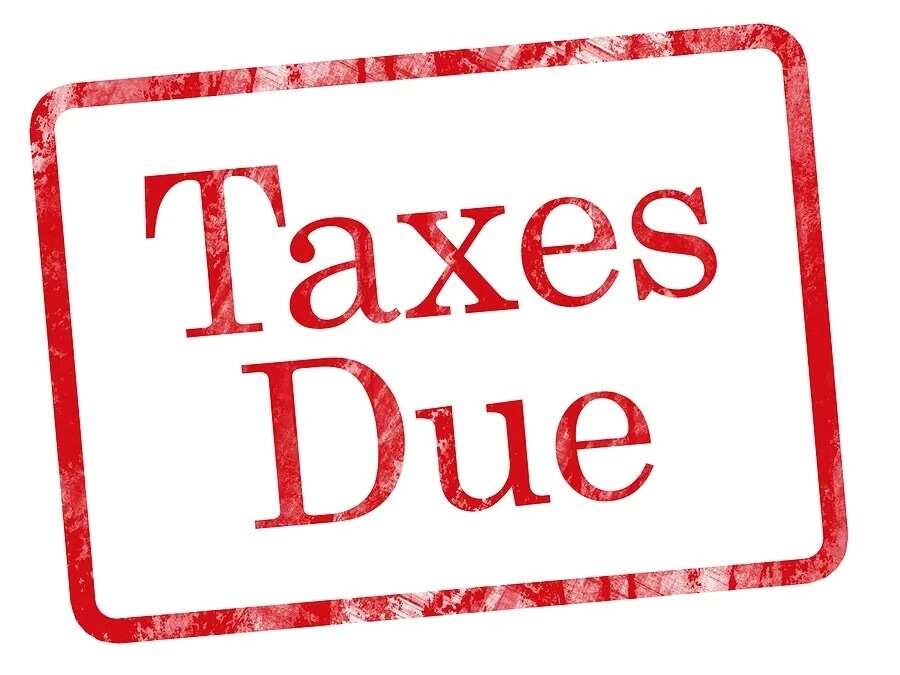
What you need to know about the Personal Income Tax in Nigeria
What is Personal Income Tax or PIT? It is a tax that is applied to people who earn their living in Nigeria. It is administered by the Federal Internal Revenue Service and collected via PAYE (Pay As You Earn) method each month on the 10th day.
What is also important to know is that you have to file your tax return by March 31st each year. If you do not file it in time, you will have to pay a fine of ₦5,000, which will grow by ₦100 for each day that you are late. You can even get a prison sentence of 6 months, so do not joke around with your taxes.
If you live and work in Nigeria, chances are, you are obligated to pay the PIT. However, there are a few exceptions.
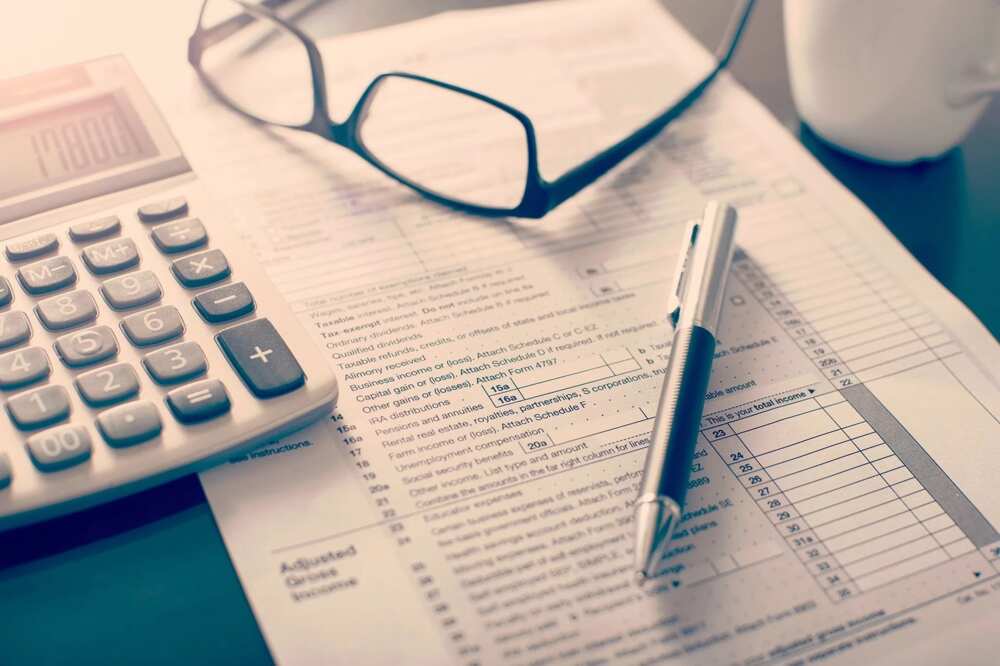
You do not have to pay PIT if you are:
- A member of the Nigerian Police force, Air Force, Navy or Army.
- A Nigerian Foreign Service officer.
- A resident of Abuja FCT (Federal Capital Territory).
- A resident from a different country who earns their salary from a Nigerian company.
If you cannot find yourself among the aforementioned categories, it means that your income is subject to taxation. Continue reading to find out how to calculate your PIT.
PIT calculation
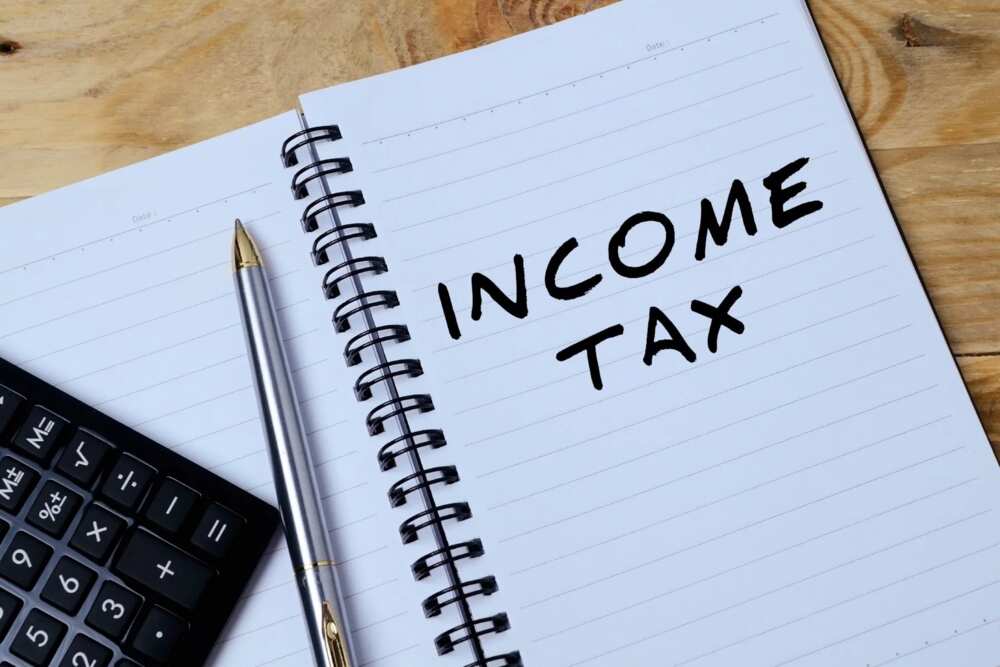
READ ALSO: What is withholding tax in Nigeria?
How to calculate Personal Income Tax in Nigeria? The first step in PIT calculation is calculating your gross annual income. But what exactly counts as income? Let’s break it down. Your income consists of:
- Wages and salaries;
- Bonuses;
- Allowances;
- Compensations;
- Benefits;
- Pensions;
- Premiums;
- Business income;
- Percentage ownership;
- Rent;
- Fees;
- Commission;
- Interests and dividends.

If you add up all of these things, you will get your gross annual income. However, there is also such a thing as taxable income, which means that some of your income is safe from taxes. If you want to calculate your taxes, you need to first figure out any possible relief allowances and exemptions to get the amount of your taxable income. The tax reliefs include:
- Contribution to the National Pension Fund (NPF, at least 8% of income);
- Contribution to the National Health Insurance Scheme (NHIS, 5%);
- Contribution to the National Housing fund (NHF, 2,5%);
- Gratuities;
- Life Assurance payments;
- Dividends and interests from quoted companies;
- Rent and business expenses;
- Bad debt recovered;
- Consolidated relief allowance (1% of Gross income or ₦200,000 + 20% of earned income).

If you want to calculate your taxable income, subtract the sum of all of what applies to you from your gross annual income. And then you can proceed to the next step.
Personal Income Tax rate in Nigeria varies depending on the annual income of a person. The minimum PIT rate is 1% if the annual income is less than ₦300,000. If your income is larger than that, here are the rates you need to know about for your calculations:
- The first ₦300,000 of your income are taxed at 7%;
- The next ₦300,000 are taxed at 11%;
- The next ₦500,000 are taxed at 15%;
- The next ₦500,000 are taxed at 19%;
- The next ₦1,600,000 are taxed at 21%;
- If you have anything more than that (above ₦3,200,000), the tax rate is 24%.
Now all you have to do is to apply the formula above to your taxable income.
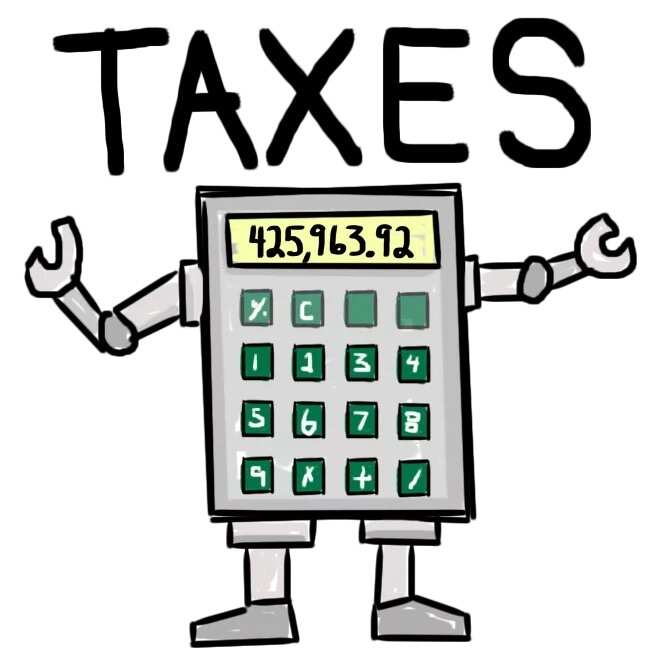
For example:
Your gross annual income is ₦3,000,000. The statutory relief is therefore ₦800,000. Let’s assume that your other exemptions are the payments to the NPF (8%) and the NHF (2,5%), which add up to ₦213,461.65. This means that you get ₦1,013,461.65 that are tax-free. Thus, the taxable income is ₦1,986,538.35.
Then you take this number and apply the tax amounts to it. The first ₦300,000 would be taxed at 7%, which would give you ₦21,000. Then count the tax rate for what is left (which is ₦1,686,538,35) and continue until you get to the final ₦386,538.35.
If you want to make your life easier, you can just go to apps.firs.gov.ng/taxcalculator and calculate your Personal Income Tax. The website allows you to choose between three types of personal income (for employed, self-employed and those who belong to a partnership), so you can calculate your income tax no matter what your employment situation is.
READ ALSO: How to file KRA nil returns
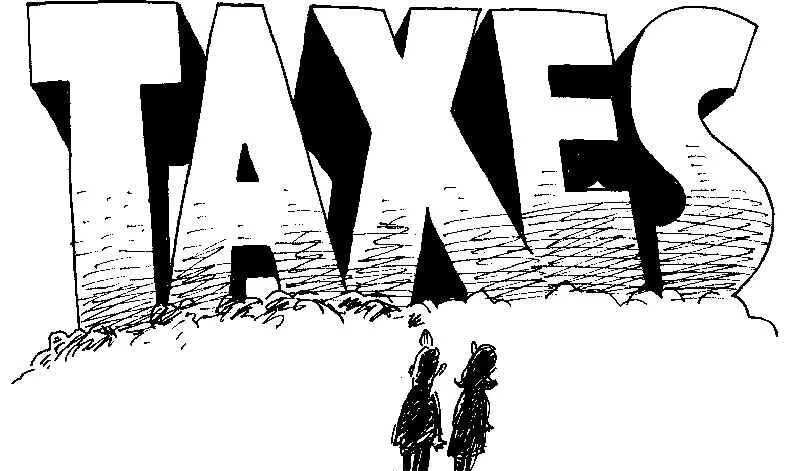
All you have to do is fill in the blanks in the provided form. You will need to put in the information on your annual earned income, unearned income and the tax reliefs. The program will count your gross annual income, statutory reliefs and provide you with the data on your taxable income and the amount of taxes you need to pay (every month or yearly), including the withholding tax.
And that is how you calculate your Personal Income Tax in Nigeria. It is not as complicated as it might seem once you get into it. In addition, there are multiple ways you can make it even easier if you just use an online calculator. Good luck in calculating your taxes!
READ ALSO: How to calculate PAYE in Nigeria?
Source: Legit.ng





